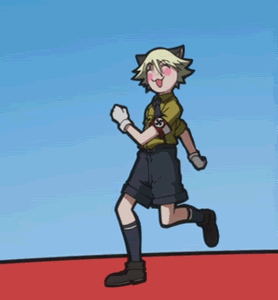1351
Sistemas & Cenários / Re:[D&D] Tormenta
« Online: Abril 10, 2012, 12:39:11 pm »Segundo não foram os fãs que pediram... Se tem uma coisa que o Cassamuran é bom é antecipar tendências e ele fazia isso inserindo elas nas revistas e na Tormenta e o jogadores ficam com aquela sensação de "Nossa é exatamente o que eu estava pensando em fazer!".Bingo!
Alguém já viu o formspring dele?Eu queria tanto dizer que é ad hominem... aí eu li. Porra, o cara tem um rei na barriga, hein?
http://www.formspring.me/MarceloCassaro
O avatar faz jus às respostas mal-humoradas que ele dá. Ali cai a máscara de paladino bonzinho que responde as cartas legais e só se volta contra o leitor quando ele parece dizer um absurdo.






